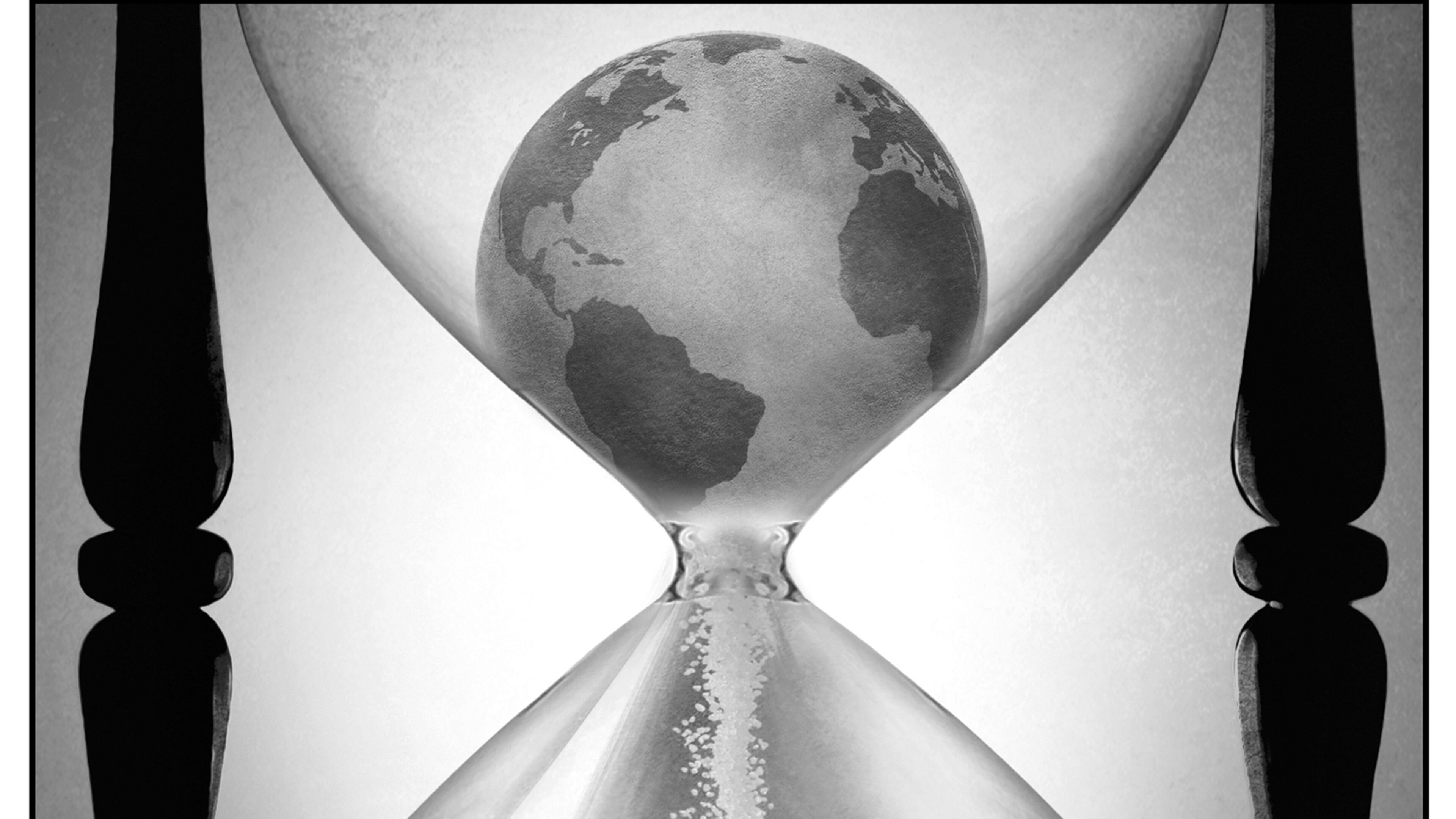Higher ed can lead climate solutions

Higher education can lead by example on climate solutions.
I remember hearing the Rev. Joseph Lowery speak about environmental justice more than two decades ago and was inspired and energized by his passion for social and racial equality. It was this passion that motivated my work in environmental justice today. He and I formed a fast friendship on this and many other issues while I was president of Savannah State University.
That relationship has only grown and expanded since I became president of Clark Atlanta University in 2008. You see, the Joseph Echols Lowery Center for Justice and Human Rights is housed on and hosted by my campus. Clark Atlanta also houses the Center for Environmental Justice, conducting research over a couple of decades demonstrating the more intense effects of environmental issues on African-American and other communities of color:
• We are located in more brownfields than other populations.
• We live in areas most heavily impacted by pollution from trucks and automobiles, yet we own fewer vehicles.
• We live in food deserts where the quality of nutrition is least, the cost of good safe food is highest, and our capacity to afford or to find alternatives is least.
African-Americans have a stronger personal interest in addressing environmental concerns than other populations. As president of Clark Atlanta, I have signed the American College and University Presidents’ Climate Commitment, joining over 600 institutions in all 50 states committed to achieving carbon neutrality. In fact, the higher education system is the only sector in America, and the world, that has made a significant carbon neutrality commitment.
Our goals at Clark Atlanta are ambitious, and we’ve made significant progress. We mandate LEED guidelines for all new construction. We are completing our university’s first greenhouse gas emission inventory. And we are engaging students with diverse disciplines in sustainability-based case competitions. We require the use of only green cleaning and maintenance materials, and have reduced our energy utilization and costs by millions over the past few years.
Along with many other college and university leaders, however, I believe we educators can do more to lead and inspire others to act on climate change.
As leaders from around the world gathered at the recent U.N. Climate Summit, I joined other higher education leaders in launching a new initiative called Solution Generation. This program will provide to higher education leaders a national network of collaboration and, importantly, the tools and resources they need to lead by example and inspire their campuses and communities to engage in climate-change solutions.
Today’s higher education institutions are integral parts of our local communities, acting as stewards of civic engagement and conveners of diverse stakeholders. In the U.S. alone, colleges and universities serve more than 21 million students annually and employ 3.9 million Americans. As such, higher education institutions are uniquely positioned to foster a new dialogue on climate change that focuses on solutions, relates to higher education values and opportunities, and appeals to a broad diversity of Americans.
Rev. Lowery said it best when he called for the president and the nation “to work for that day … when justice will roll down like waters, and righteousness as a mighty stream.”
With this in mind, I’d like to invite my colleagues and peers to join me and Solution Generation to elevate our leadership and inspire our students and communities on climate solutions. Together, we can forge the paths to a thriving future and ensure a healthy, safe and flourishing world for all.
Carlton E. Brown is president of Clark Atlanta University in Atlanta.
